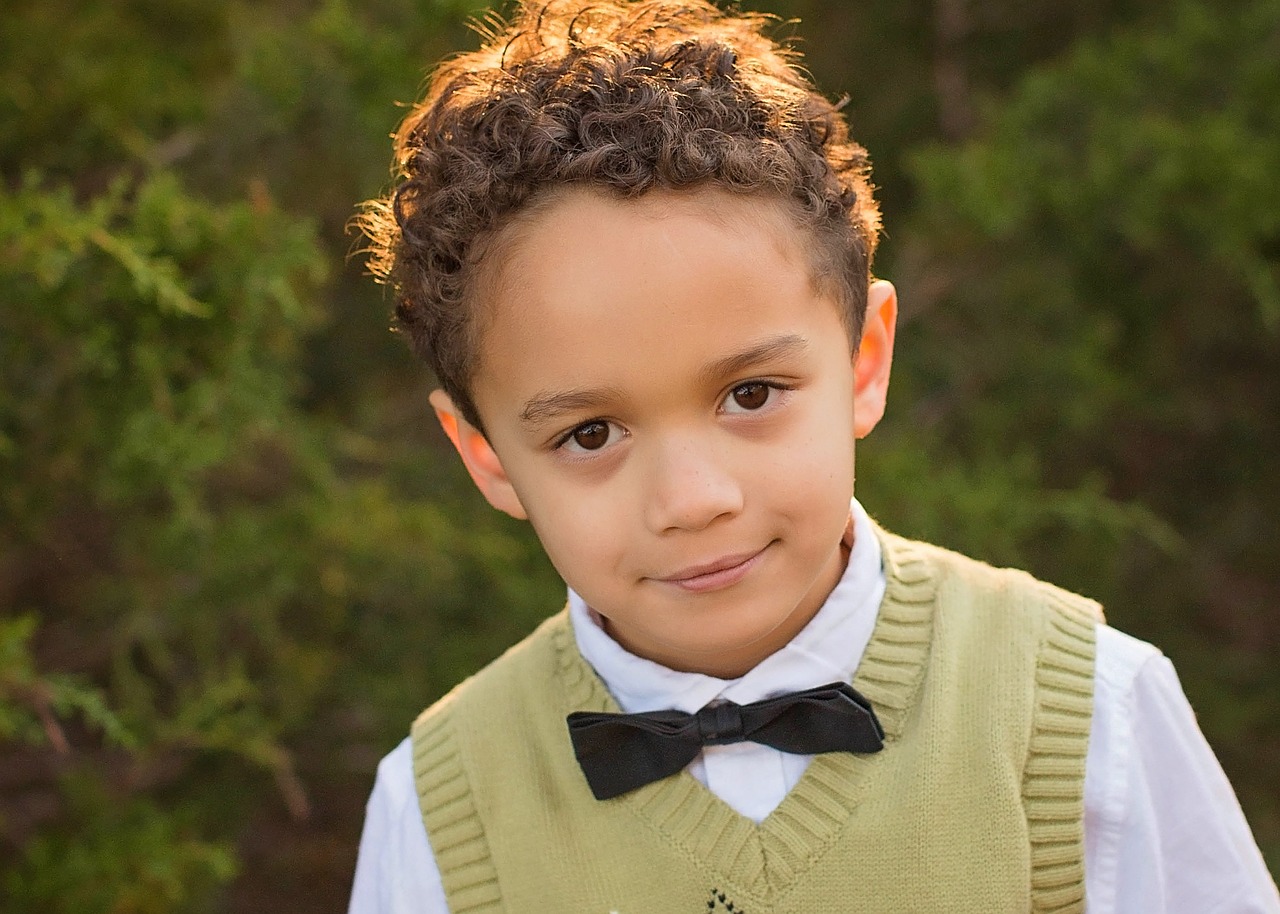
WESTWOOD — After observing datasets including thousands of families from a variety of different backgrounds, researchers from the UCLA Department of Sociology have discovered that second-born children are 100% more likely to have older siblings when compared to firstborn children from the same family.
While previous studies have demonstrated that firstborn children are more likely to have younger siblings and less likely to have older siblings, this study is the first of its kind, providing valuable insights into the effects of birth order on second-borns as regards their age in relation to their siblings. Professor Harvey M. Digby was inspired to investigate the topic upon noticing that like himself, many of his friends and colleagues with multiple children had a first child that preceded that second one.
“We identified children who had been confirmed by their parents to be the second-born child and asked questions about their family life to determine the presence of older siblings,” said the report, which also suggested that the trend may extend to third and fourth-born children, with each consecutive year in the sequence directly varying with the number of older siblings. “And what we found is that every family with a second-born child also had a firstborn child that was older, demonstrating that being the second-born necessarily indicates the existence of an older sibling who came first.”
In his report, Digby clarifies that “correlation does not necessarily imply causation,” noting that he and his team were unable to determine why or how raising a first child would lead a set of parents to want to repeat the process with a second child.

